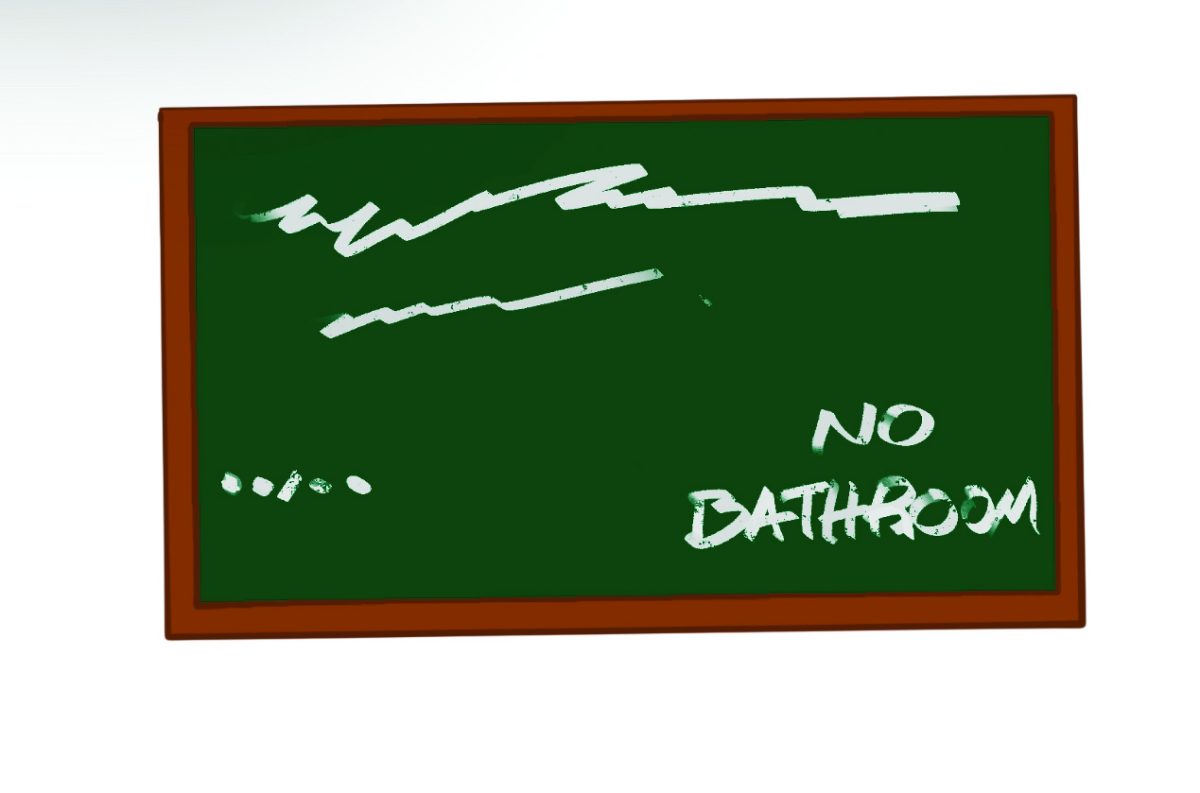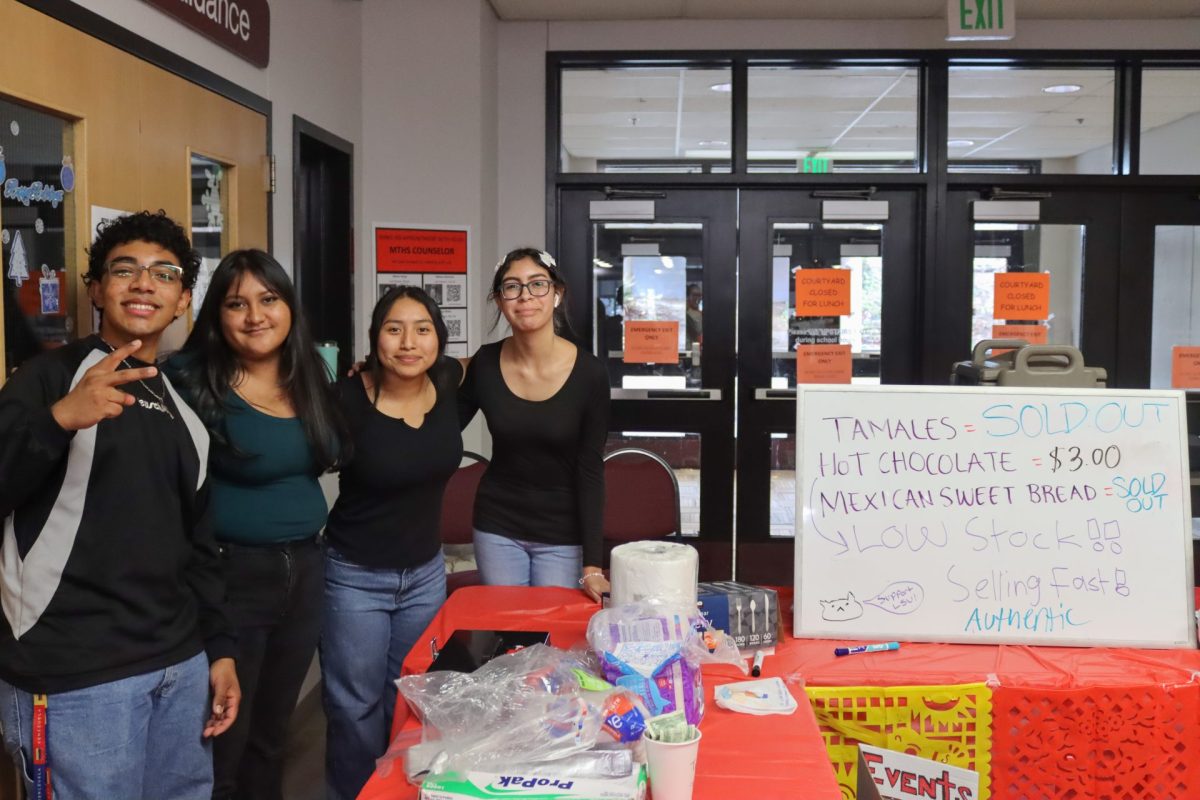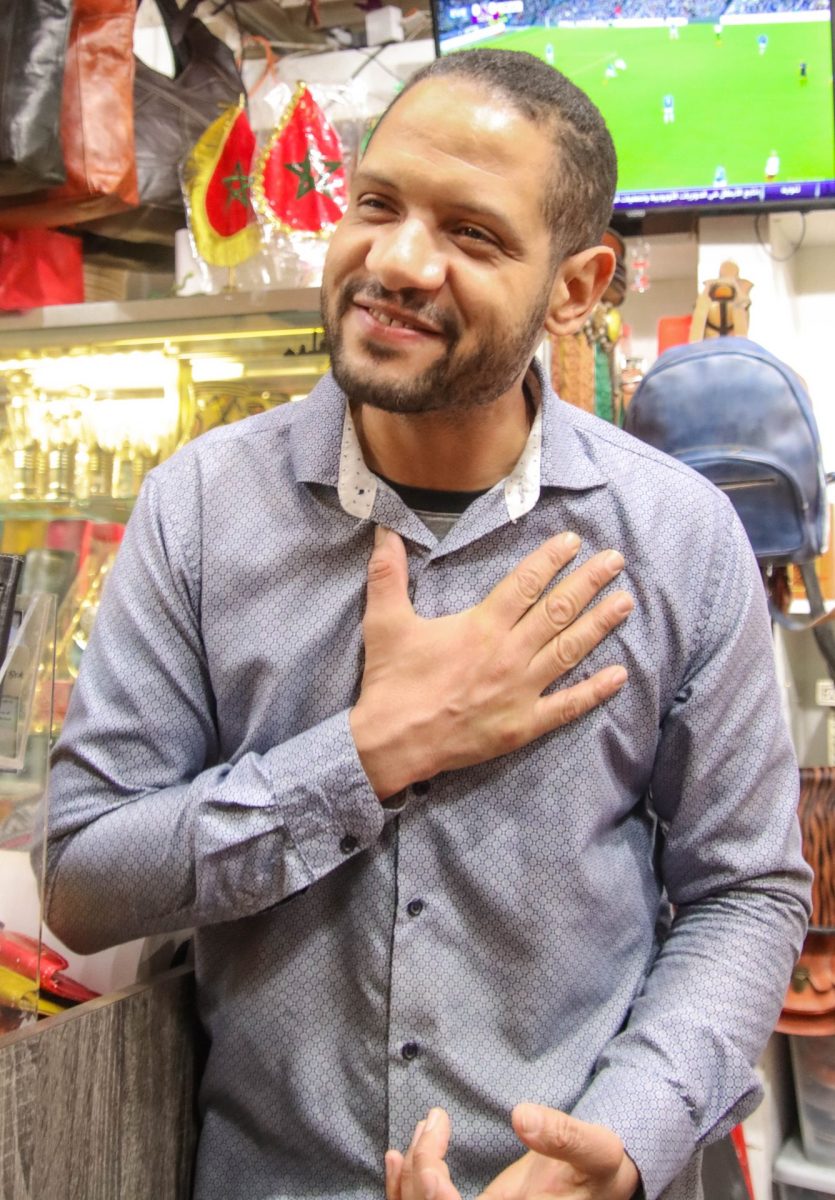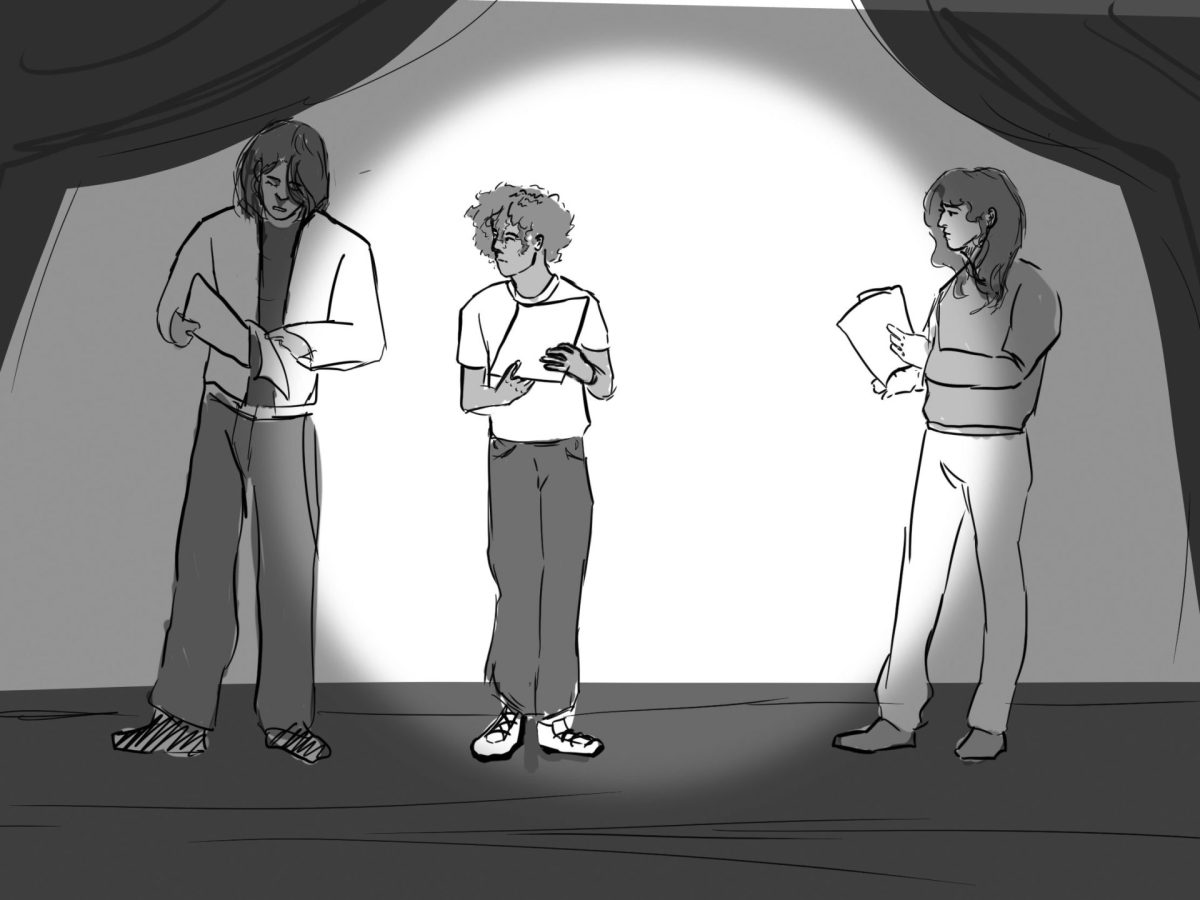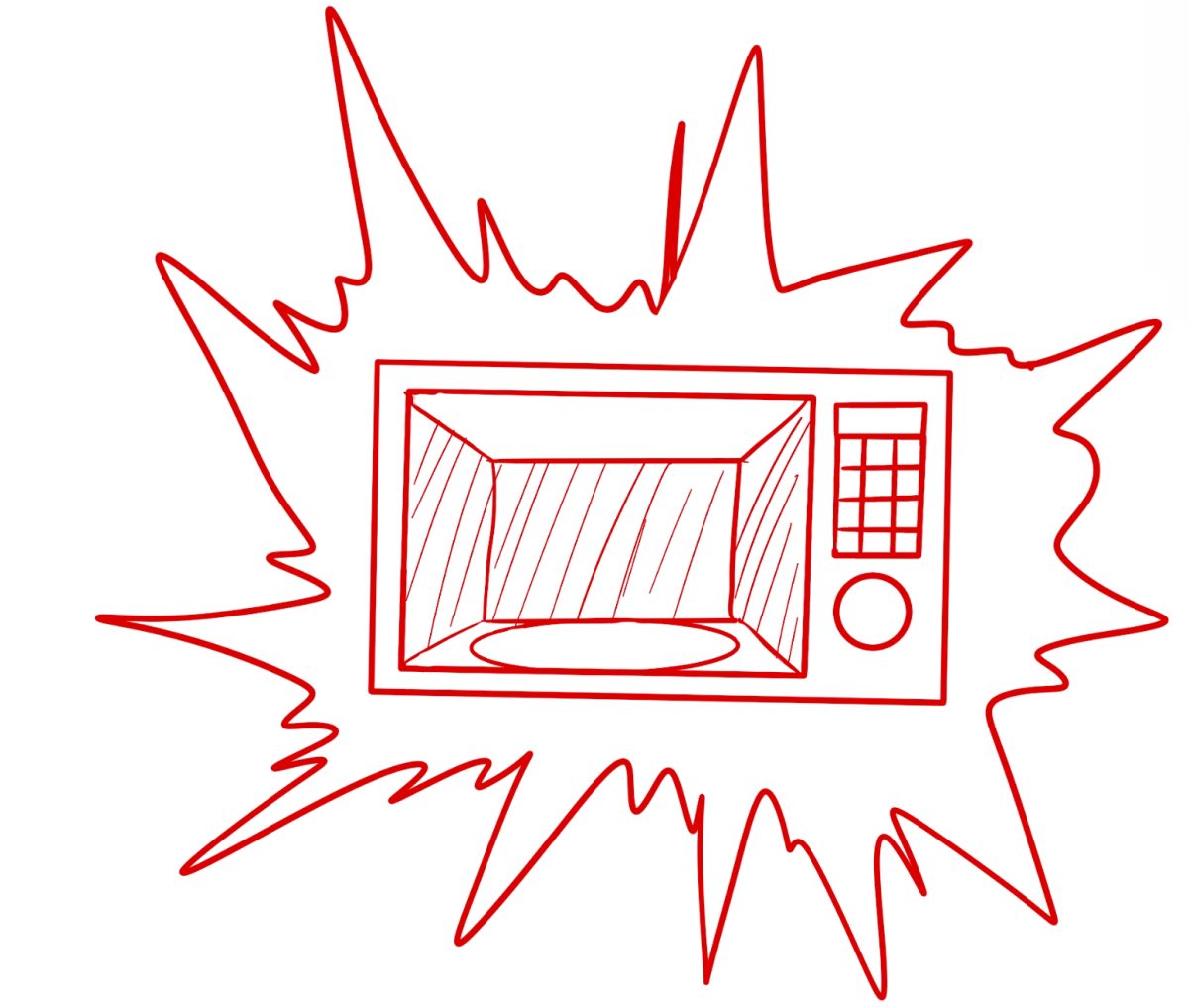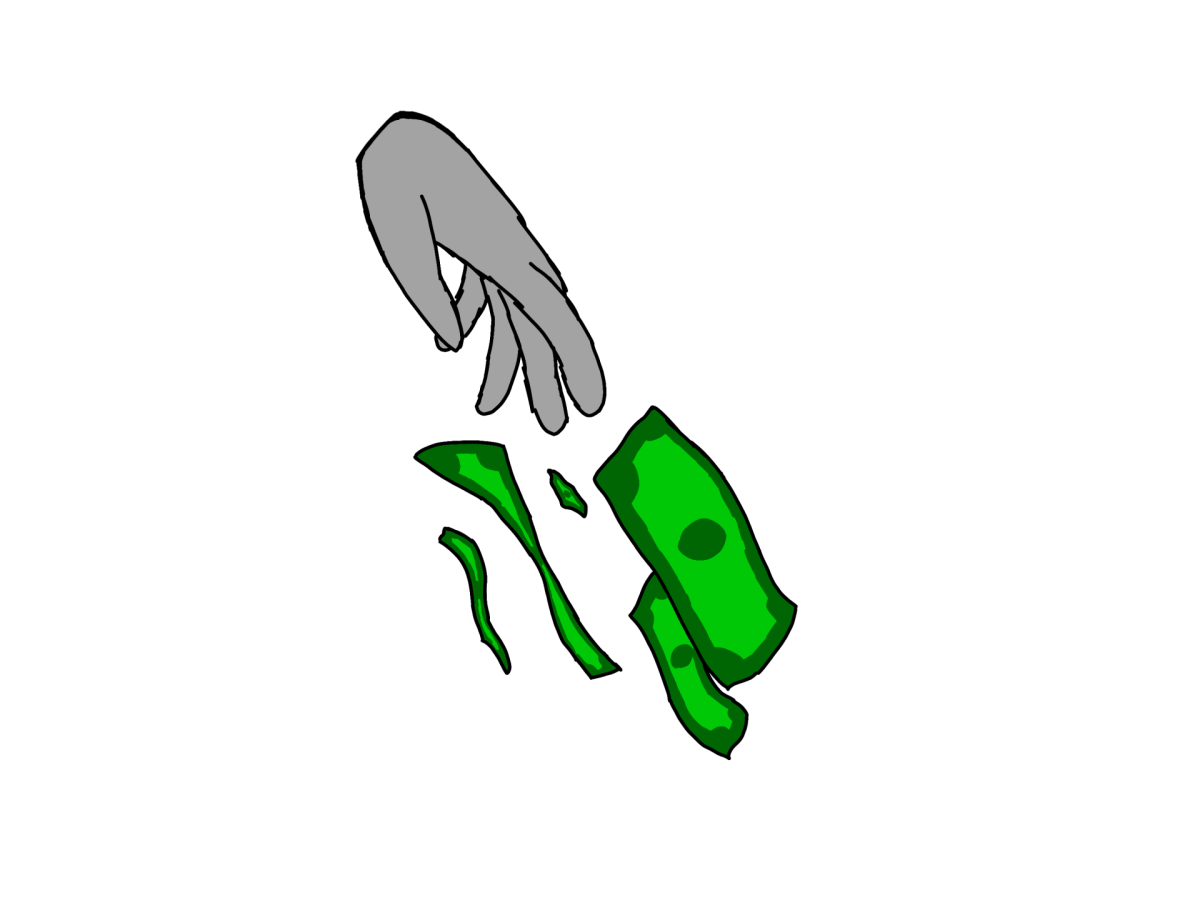Eid Al-Fitr is celebrated by our Muslim students throughout Terrace. The month leading up to it is the holy month of Ramadan. The first day of Ramadan is determined by the shape of the moon, the first crescent moon is the first night, which can vary from country to country. For us, the crescent moon was seen on March 10th, so the next day Muslims started to fast.
When people hear of fasting, there tends to be a lot of misconceptions among non-Muslims that can often be harmful to those participating in Ramadan. Fasting is not just about food, while that is significant, several other things are to be abstained from for the holy month. While abstaining from eating, it is also important to avoid other bad habits, such as smoking, sexual intercourse, and drinking. It is also important to avoid impure thoughts and actions, like swearing, gossiping, and complaining. While it is not forwardly expressed in the Quran, some members of Islam believe it is important not to listen to music throughout, and at the very least to avoid music with profanity.
Non-Muslims are often not educated on the purpose and significance of fasting. There are many different reasons why Muslims fast, one of which is to strengthen their connection with Allah (God) and prioritize their worship. Through praying and fasting for 30 days, it’s for Muslims to improve their spiritual discipline and devotion to Allah. Another reason is to empathize with those less fortunate. It gives the people a reason to be thankful for their fortune and to focus on who’s neglected. Muslims who are elderly, pregnant, have just given birth, those breastfeeding, or are on their period are not required to fast as long as they can donate to a charity of their choice. This is another focus on those less fortunate. Children are not required but can if they or their parents so choose, but they can also fast for just half the day, considering they are growing and need more nutrients.
Another common misconception is that Muslims will starve for 30 days straight. This is not true at all. The fast starts every day at sunrise, or after Suhoor/Sehri (pre-fast meal).. Fast is broken at sunset, or Iftar (post-fast meal). The majority of the time, the fast is broken with a date. The reason for this is that they can quickly provide a lot of nutrients and energy, while also following Sunnah. Sunnah is following the example of the prophet to have the Sehri and Iftar at the correct time every day. If dates are unavailable, the fast is typically broken with just water.
During the holy month of Ramadan, it is essential to show support and assistance to our Muslim friends who are fully dedicated to their faith. One simple way to demonstrate our support is by refraining from offering food and drinks to them and giving them a space to pray. It is essential to understand their physical and emotional fatigue and show respect for their religion. Kindness, support, and encouragement can go a long way and help more than some would believe. Lastly, it is essential to educate ourselves about Islam and other religions. It is necessary to listen to the Muslim community and make sure to learn more about their beliefs and practices at this time.
Categories:
Check the “date” for Ramadan
©HAWKEYE image credit: Adrian Subaykan
Story continues below advertisement
0
About the Contributor
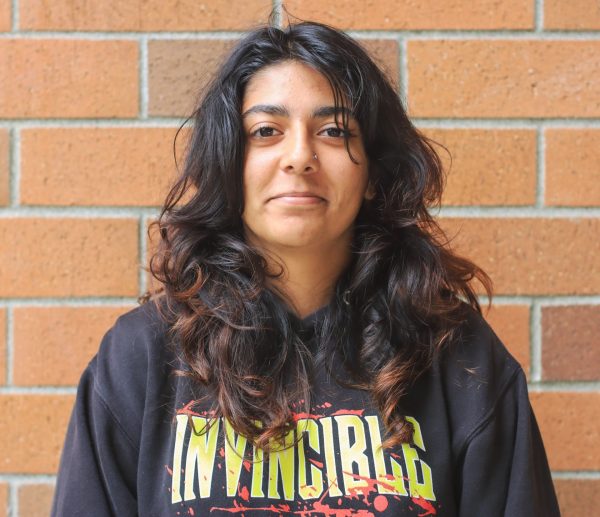
Adrian Subaykan, Lifestyle Editor
Adrian Subaykan (he/she) is a senior this year at MTHS and this is his third year in Hawkeye. She is the current Lifestyle Editor. He hopes to take this opportunity to advocate for students like him who are queer and/or people of color. Hawkeye has helped him advance his writing skills and express opinions, not just on news topics but general media. She loves reading comic books, watching terrible comedy movies, and listening to music. Her favorite comic book is Invincible, and absolutely adores the adaptation as well. One of his favorite bad movies is Not Another Teen Movie. He enjoys a lot of indie and rap music. Some of his favorite artists are Frank Sinatra, Childish Gambino, TV Girl, Tears for Fears and many others!
More to Discover




